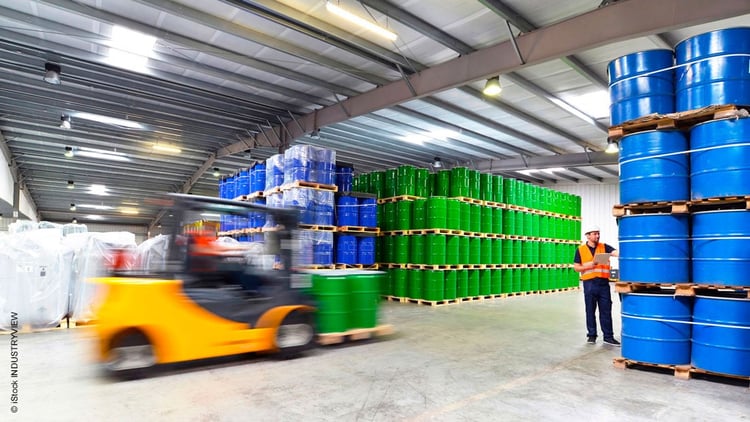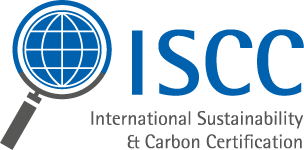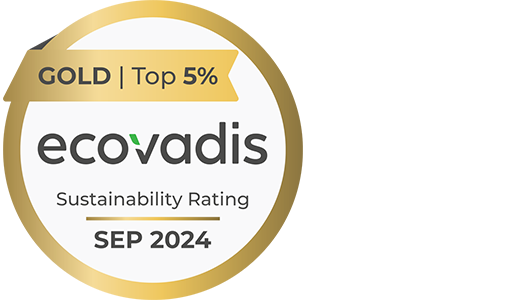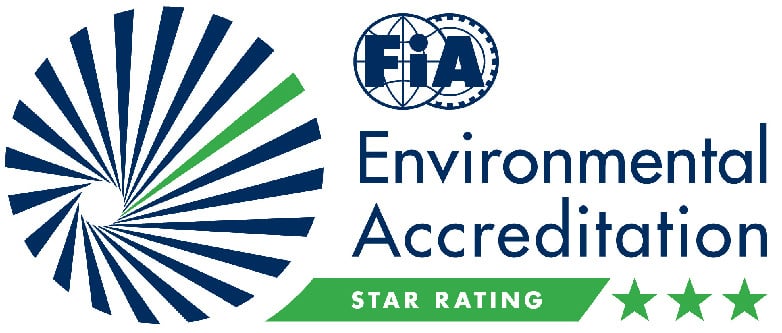
Good supply chain management is essential to ensure the successful operation of companies and their customers. Even the smallest fluctuations in the delivery process, changes in transport routes or delayed coordination processes can lead to delays of time-critical products. Reliability and on-time deliveries play an important role, especially for the chemical industry, which is largely a supplier itself. For many buyers, this is a reason to take a closer look at their suppliers for future business cooperation and to check whether they are able to meet all requirements of the supply chain.
Requirements in chemical logistics
Especially during the Corona crisis, it became clear that supply bottlenecks are highly problematic. Many companies reacted by stockpiling. But this ad hoc measure only works in the short term, not if the supply chain is interrupted for a longer period of time. According to a survey by the Federal Association of Materials Management, Purchasing and Logistics in Austria, every second company started looking for alternative suppliers, a quarter even established new suppliers.
Raw material manufacturers for the chemical industry supply highly sensitive products such as high purity hydrocarbons for the production of pharmaceuticals. The further value-added chain falls and stands with them. New suppliers, who can reduce a potential supply risk, rely on professional supply chain management to meet requirements such as
- high reliability
- punctual deliveries
- flexible delivery concepts
- digital solutions
6 criteria to avoid supply shortfalls and reduce the supply risk
To avoid supply shortfalls of chemical products you should pay attention to a number of factors that are important for a smooth supply chain:
1. Supplier diversity
Suppliers should be evaluated for their ability to deliver. You should also pay attention to different sources for your raw materials - a broad market position is an advantage here. Full backward integration, as often found in the chemical industry, need not be an advantage when it comes to security of supply.
2. Compliance
Compliance with legal requirements as well as commitments to sustainable, human, ethical and social behavior should be a basic prerequisite for future cooperation. This is the only way to prevent compliance risks such as breaches of regulations, laws or international agreements and the resulting delivery problems.
3. Risk management
In the chemical industry, certified quality and risk management in accordance with ISO 9001 is a basic requirement for many customers when selecting their suppliers. Business-critical risks and their effects on the supply chain should be continuously monitored. This requires a risk management system that, in the best case, also draws on smart data from external sources.
4. Digitisation
Information about suppliers and transport management is of great importance in chemical logistics. Digital solutions allow companies to work better with suppliers and logistics partners. These solutions include systems such as time slot booking or track & trace solutions. As a result, partners can in turn plan more efficiently and communicate information about potential bottlenecks to their customers at an early stage.
Read in this context:
Tracking in chemical logistics – planning reliability for time-critical deliveries
5. Made in Europe
Suppliers who produce in Europe can reduce the risk of shortages. For further processing, which is also performed in Europe, advantages such as short transport routes, high quality standards, reliability due to clear legal regulations and closely networked transport infrastructures are worth mentioning. Supply risks due to embargos, customs requirements or geopolitical crises can be reduced to a minimum.
6. Flexibility in logistics
Is a supplier able to respond to changing customer requirements in terms of means of transport, routes, storage capacity, packaging requirements, delivery date or special sizes? Adaptability and customer focus are good prerequisites for a high level of supply capability in the event of changing requirements. Suppliers who enable customised delivery concepts can specifically counter tight supply shortages.
Conclusion
Besides high-quality products, quality standards and comprehensive services, the choice of suppliers must also consider conditions that provide information on reliability, flexibility and digitalisation. Transparent communication creates a good basis for a trustful cooperation. Therefore, ask your future supplier specifically about his delivery promise!
Get to know Haltermann Carless:
Haltermann Carless: Our strengths in supply chain management
Interview with Speyer plant manager: Site with a promising future
Custom Processing: Haltermann Carless breaks new ground in Harwich




















